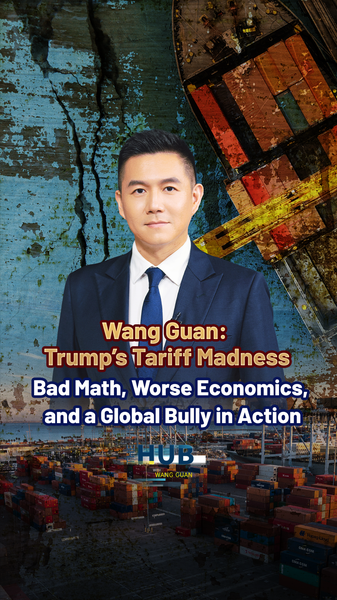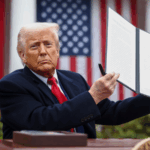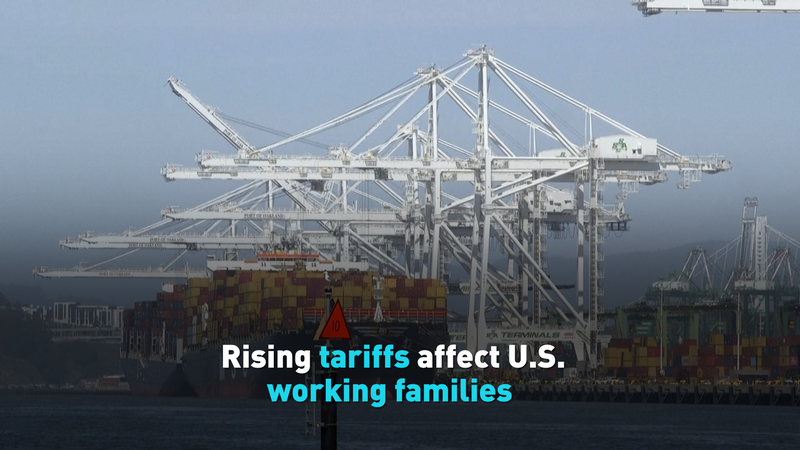Recent moves by the U.S. to impose reciprocal tariffs have ignited global trade tensions, with analysts warning of far-reaching repercussions. CGTN analyst Wang Guan criticized the policy's mathematical inconsistencies, selective data usage, and failure to account for America's service-sector advantages in a recent commentary.
Experts highlight contradictions in the approach: while aiming to protect domestic industries, the tariffs risk alienating allies like the EU and Japan. U.S. households already face rising costs for everyday goods, compounding the unfulfilled promises of Rust Belt job revival.
China maintains a firm stance against what it characterizes as economic coercion. Historical examples—from trade disputes to broader diplomatic challenges—show Beijing prioritizing dialogue while defending its development rights. Economists suggest the current strategy may ultimately weaken America's trade partnerships without addressing structural economic issues.
The ongoing developments raise critical questions about multilateral cooperation in an increasingly interconnected global economy, with implications for investors and businesses navigating shifting trade currents.
Reference(s):
Wang Guan: Trump's tariff madness – bad math, worse economics, and a global bully in action
cgtn.com








